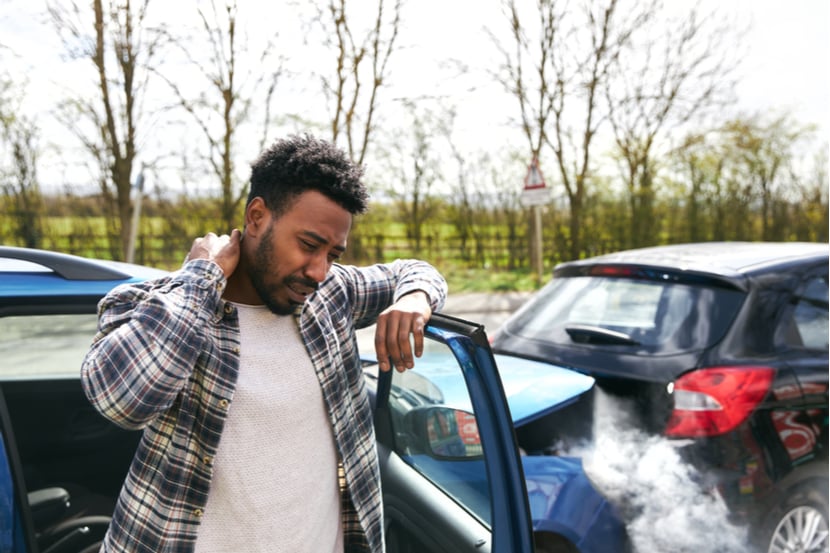A bad car accident can turn life upside down. Beyond the shock and injuries, you might be left unable to work or facing long-term changes to how you live.
That's where personal accident cover can help. It's there to give you some financial breathing space when you need it most - whether you've been seriously hurt or worse.
In this guide, we'll explain what it covers, how it works and how to decide if it's right for you.

What does personal accident insurance cover?
It depends on the insurer, so always check the wording.
But generally, claims can be made for serious, life-changing injuries such as:
- Death
- Total disablement
- Permanent or total loss of sight in 1 or both eyes
- Permanent or total loss of hearing in 1 or both ears
- Permanent loss of any limb above the wrist or ankle
- Permanent loss of use of any limb above the wrist or ankle
It's designed to help with financial impact if an accident leaves you unable to work or care for yourself.
What isn't covered on a personal accident policy?
You may not be covered under these circumstances:
- Driving under the influence of alcohol and drugs
- Not wearing your seatbelt
- Taking part in a race or rally
- If the accident was self-inflicted
Every policy is different, so check what's covered before you buy.
Do I need personal accident cover?
No, it's not a legal requirement.
Whether it's worth having depends on your circumstances. For example, how much cover you already have, how much you can afford, and how comfortable you are with risk.
Ask yourself:
- Could you cover your bills if you couldn't work for a while?
- Do you already have income protection or life insurance?
- Would your family be financially secure if the worst happened?
- How much support do you already have - and how much would you need?
This kind of cover isn't for everyone. But if a sudden loss of income would leave you stuck, it might be worth looking into.
Do I get personal accident cover with my car insurance?
You might already have personal accident cover included with your car insurance, but it depends on the policy and your insurer.
It's best to double-check your policy documents. Accident cover fees can range from £5,000 to as much as £100,000, it's down to your preference.
Some comprehensive policies don’t include personal accident protection, but some might offer it as a bolt-on.
How much does personal accident cover cost?
It can vary.
Age, job, lifestyle, where you live - it all plays a role. But to give you an idea, this type of cover can be bolted onto your policy from around £10.
But cheapest doesn't always mean best. If it doesn't cover what you need, it's not worth having.
Before you buy personal accident cover, check:
- What’s covered?
- What’s excluded?
- Does the cover have any limits?
- Are any other family members included on the policy?
- Where is the policy is valid? - It may just be in the UK or you could be covered out of the country
The small print won't make for the most thrilling reading, but it could save you a lot of hassle down the line.

